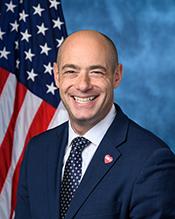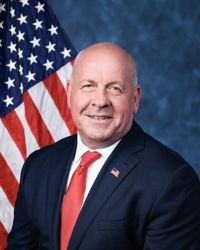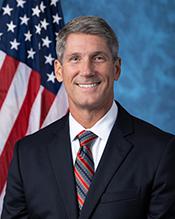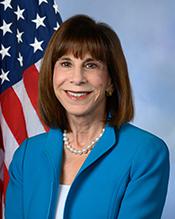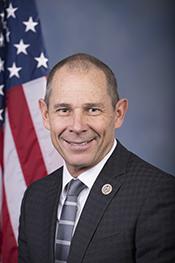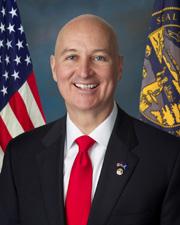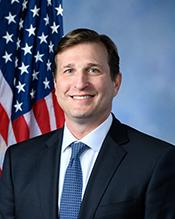H.R. 1657: Humane Cosmetics Act of 2025
The Humane Cosmetics Act of 2025 aims to significantly restrict the use of animal testing for cosmetic products in the United States. Here are the key points regarding what the bill proposes:
Prohibition on Animal Testing
Starting one year after the bill becomes law, it will be illegal to knowingly conduct or contract for animal testing related to cosmetics within the United States. This means that cosmetics companies will not be allowed to test their products or ingredients on animals.
Restrictions on Sale and Transport
In addition to banning testing, the bill also prohibits the sale, offer for sale, or transport of any cosmetic product in interstate commerce if it has been developed or manufactured using animal testing conducted after the bill's enactment.
Use of Animal Testing Data
The bill states that any evidence derived from animal testing conducted after the effective date cannot be used to establish the safety of cosmetics or their ingredients unless certain exemptions apply. For example:
- If there is no recognized non-animal alternative for testing the safety of an ingredient, animal testing may be considered.
- If the testing is related to non-cosmetic purposes or fulfills a requirement mandated by a regulatory authority, it may also qualify for an exemption.
Exemptions from the Prohibitions
There are specific scenarios where the prohibitions on animal testing do not apply:
- Animal tests conducted outside the U.S. to comply with foreign regulations.
- Testing required by the Secretary of Health and Human Services under specific conditions.
- Tests conducted for products regulated under existing food and drug laws.
- Testing mandated for non-cosmetic purposes ordered by governmental regulatory bodies.
Civil Penalties for Violations
The bill allows the Secretary to impose civil penalties on violators of these provisions, with fines up to $10,000 for each violation. Multiple violations can lead to separate penalties.
Access to Records
Manufacturers may be required to provide records related to their claims of safety based on animal testing data if requested by the Secretary. This provision ensures compliance and allows for verification of testing claims.
State Authority
States are not permitted to establish or enforce any animal testing regulations that are not in alignment with the federal standards set out in this bill. This includes any state laws that would require animal testing not allowed under the federal law.
Definitions
The bill provides specific definitions for key terms such as:
- Cosmetic: Defined in accordance with existing federal law.
- Cosmetic Animal Testing: Refers to testing conducted on live non-human vertebrates for safety or efficacy evaluation of cosmetic products.
- Nonfunctional Constituent: Any incidental ingredient within the cosmetic product.
- Secretary: Refers to the Secretary of Health and Human Services.
Relevant Companies
- CLX - The Clorox Company: This company produces a variety of personal care products and could be impacted as they may need to alter their testing protocols.
- PG - Procter & Gamble Co.: As a major player in the cosmetics and personal care market, they would need to adjust their product development process to comply with the new restrictions.
- UL - Unilever PLC: Known for its vast array of personal care brands, Unilever may need to adapt to new regulations regarding testing and product safety evaluations.
This is an AI-generated summary of the bill text. There may be mistakes.
Sponsors
81 bill sponsors
-
TrackDonald S. Beyer, Jr.
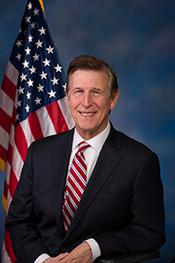
Sponsor
-
TrackGabe Amo

Co-Sponsor
-
TrackNanette Diaz Barragán

Co-Sponsor
-
TrackJoyce Beatty
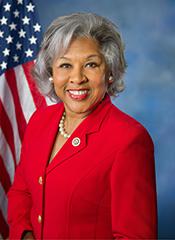
Co-Sponsor
-
TrackSuzanne Bonamici

Co-Sponsor
-
TrackVern Buchanan
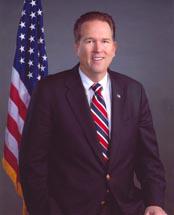
Co-Sponsor
-
TrackJanelle Bynum

Co-Sponsor
-
TrackKen Calvert
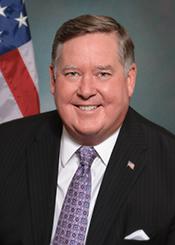
Co-Sponsor
-
TrackTroy A. Carter
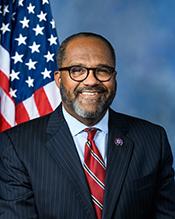
Co-Sponsor
-
TrackSean Casten

Co-Sponsor
-
TrackSheila Cherfilus-McCormick
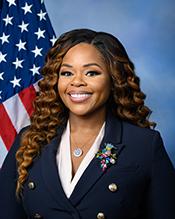
Co-Sponsor
-
TrackJudy Chu

Co-Sponsor
-
TrackSteve Cohen

Co-Sponsor
-
TrackGerald E. Connolly

Co-Sponsor
-
TrackJ. Luis Correa
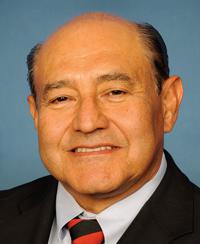
Co-Sponsor
-
TrackSharice Davids
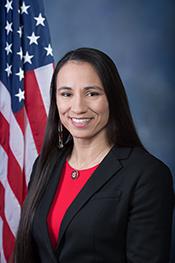
Co-Sponsor
-
TrackDonald G. Davis

Co-Sponsor
-
TrackSuzan K. DelBene
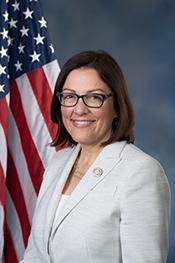
Co-Sponsor
-
TrackLloyd Doggett

Co-Sponsor
-
TrackBrian K. Fitzpatrick

Co-Sponsor
-
TrackLizzie Fletcher

Co-Sponsor
-
TrackMaxwell Frost

Co-Sponsor
-
TrackRobert Garcia
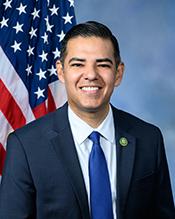
Co-Sponsor
-
TrackJosh Gottheimer

Co-Sponsor
-
TrackJosh Harder

Co-Sponsor
-
TrackJames A. Himes

Co-Sponsor
-
TrackVal T. Hoyle
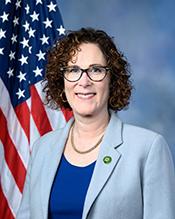
Co-Sponsor
-
TrackJared Huffman
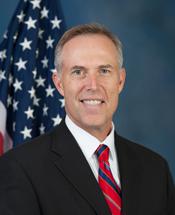
Co-Sponsor
-
TrackPramila Jayapal

Co-Sponsor
-
TrackRobin L. Kelly

Co-Sponsor
-
TrackTimothy M. Kennedy

Co-Sponsor
-
TrackRaja Krishnamoorthi

Co-Sponsor
-
TrackJohn B. Larson

Co-Sponsor
-
TrackMike Levin
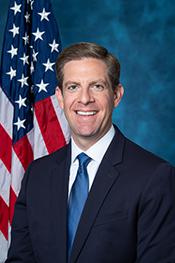
Co-Sponsor
-
TrackTed Lieu
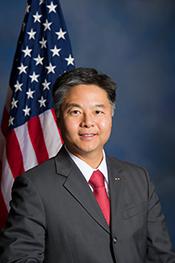
Co-Sponsor
-
TrackStephen F. Lynch

Co-Sponsor
-
TrackNicole Malliotakis

Co-Sponsor
-
TrackDoris O. Matsui

Co-Sponsor
-
TrackLucy McBath

Co-Sponsor
-
TrackSarah McBride

Co-Sponsor
-
TrackJennifer L. McClellan
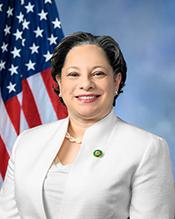
Co-Sponsor
-
TrackBetty McCollum

Co-Sponsor
-
TrackMorgan McGarvey

Co-Sponsor
-
TrackJames P. McGovern

Co-Sponsor
-
TrackGregory W. Meeks

Co-Sponsor
-
TrackRobert Menendez

Co-Sponsor
-
TrackGrace Meng

Co-Sponsor
-
TrackFrank J. Mrvan

Co-Sponsor
-
TrackKevin Mullin
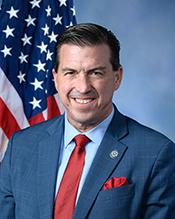
Co-Sponsor
-
TrackJerrold Nadler
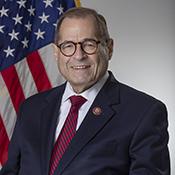
Co-Sponsor
-
TrackEleanor Holmes Norton

Co-Sponsor
-
TrackScott H. Peters

Co-Sponsor
-
TrackChellie Pingree

Co-Sponsor
-
TrackMark Pocan
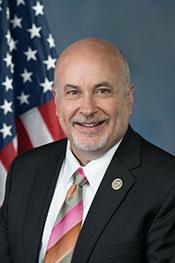
Co-Sponsor
-
TrackMike Quigley

Co-Sponsor
-
TrackDelia C. Ramirez
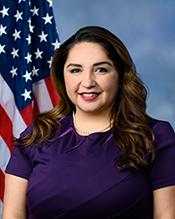
Co-Sponsor
-
TrackDeborah K. Ross
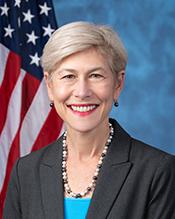
Co-Sponsor
-
TrackPatrick Ryan
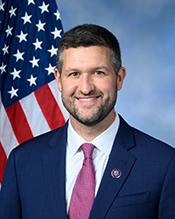
Co-Sponsor
-
TrackAndrea Salinas

Co-Sponsor
-
TrackMary Gay Scanlon

Co-Sponsor
-
TrackBradley Scott Schneider
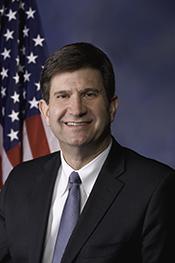
Co-Sponsor
-
TrackHillary J. Scholten

Co-Sponsor
-
TrackKim Schrier
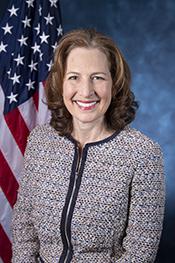
Co-Sponsor
-
TrackDavid Scott
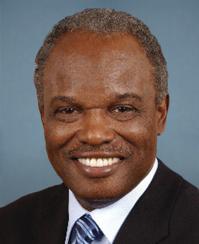
Co-Sponsor
-
TrackBrad Sherman

Co-Sponsor
-
TrackMikie Sherrill
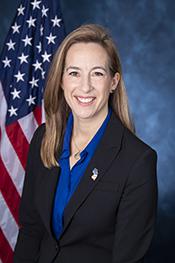
Co-Sponsor
-
TrackAdam Smith

Co-Sponsor
-
TrackEric Sorensen

Co-Sponsor
-
TrackDarren Soto

Co-Sponsor
-
TrackMelanie A. Stansbury
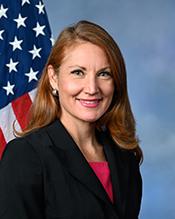
Co-Sponsor
-
TrackGreg Stanton

Co-Sponsor
-
TrackMarilyn Strickland
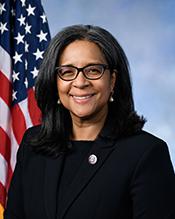
Co-Sponsor
-
TrackSuhas Subramanyam

Co-Sponsor
-
TrackLinda T. Sánchez

Co-Sponsor
-
TrackShri Thanedar

Co-Sponsor
-
TrackDina Titus

Co-Sponsor
-
TrackRashida Tlaib

Co-Sponsor
-
TrackJill N. Tokuda

Co-Sponsor
-
TrackPaul Tonko

Co-Sponsor
-
TrackLauren Underwood

Co-Sponsor
-
TrackNikema Williams
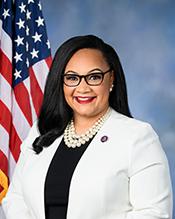
Co-Sponsor
Actions
2 actions
| Date | Action |
|---|---|
| Feb. 27, 2025 | Introduced in House |
| Feb. 27, 2025 | Referred to the House Committee on Energy and Commerce. |
Corporate Lobbying
0 companies lobbying
None found.
* Note that there can be significant delays in lobbying disclosures, and our data may be incomplete.





